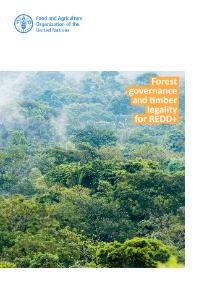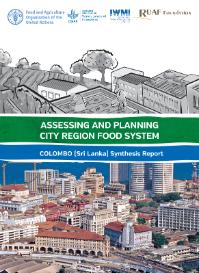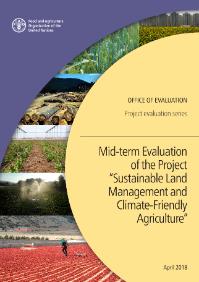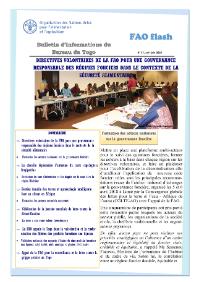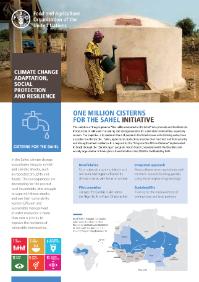Focal point
Location
The Food and Agriculture Organization of the United Nations leads international efforts to defeat hunger. Serving both developed and developing countries, FAO acts as a neutral forum where all nations meet as equals to negotiate agreements and debate policy. FAO is also a source of knowledge and information. We help developing countries and countries in transition modernize and improve agriculture, forestry and fisheries practices and ensure good nutrition for all. Since our founding in 1945, we have focused special attention on developing rural areas, home to 70 percent of the world's poor and hungry people.
Members:
Resources
Displaying 331 - 335 of 5074Forest governance and timber legality for REDD+
The successful reduction of emissions from deforestation and forest degradation requires forest governance to be efficient, effective and equitable. The concept of forest governance has evolved to engage public and private actors at many levels to make and enforce decisions that are clear, transparent, just, and lead to the sustainability of forests and the fair distribution of the benefits derived from their use. Forest governance also refers to the institutional, policy and legal dimensions addressing both direct and indirect drivers of forest loss and degradation.
Assessing and Planning City Region Food System Colombo (Sri Lanka) Synthesis Report
This report is the result of the implementation of an assessment methodology for Colombo and its city region food system (CRFS).
Mid-term Evaluation of the Project “Sustainable Land Management and Climate-Friendly Agriculture”
The “Sustainable Land Management and Climate-Friendly Agriculture” Project was implemented in Turkey to improve the sustainability of agricultural and forest land use in the area by rehabilitating degraded forests and rangelands, promoting climate-smart agriculture and establishing a favourable enabling environment. The project was designed to develop the necessary strategies, plans, tools and mechanisms that will aid stakeholders in sustainably managing forest and land resources.
FAO Flash - Bulletin d'informations du Bureau du Togo n° 37, Avril - Juin 2018
FAO is stressing on the communication as an effective tool for disseminating the information for advocacy and resources mobilization in the fight against hunger and food insecurity to achieve its strategic objectives. In this regard, communication tools are edited on a regular basis by the FAO country office in Togo to ensure a better visibility of field projects at the country level. One of these tools is FAO Flash, an electronic newsletter to share information with the various partners on field activities implemented to the benefit of target groups.
One million cisterns for the Sahel initiative
This brochure highlights the objectives and key information of the FAO project entitled “One million cisterns for the Sahel”. It aims to illustrate the project activities’ expected positive impacts in terms of food security, agricultural activities and nutrition among beneficiairies. The objective is to inform FAO partners and donors on this innovative initiative aiming to introduce rainwater harvesting and storage systems at the community level.







